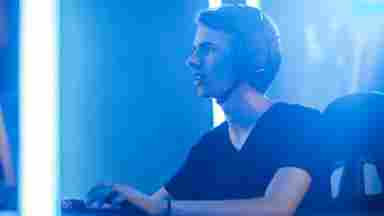
BrainHealth Researchers Create Virtual Reality Cognitive Assessment
Center for BrainHealth
Share this article

Daniel Krawczyk, PhD
Deputy Director of Research Debbie and Jim Francis Chair and Professor, School of Behavioral and Brain Sciences

BrainHealth Researchers Create Virtual Reality Cognitive Assessment
Center for BrainHealth
Share this article

Daniel Krawczyk, PhD
Deputy Director of Research Debbie and Jim Francis Chair and Professor, School of Behavioral and Brain Sciences